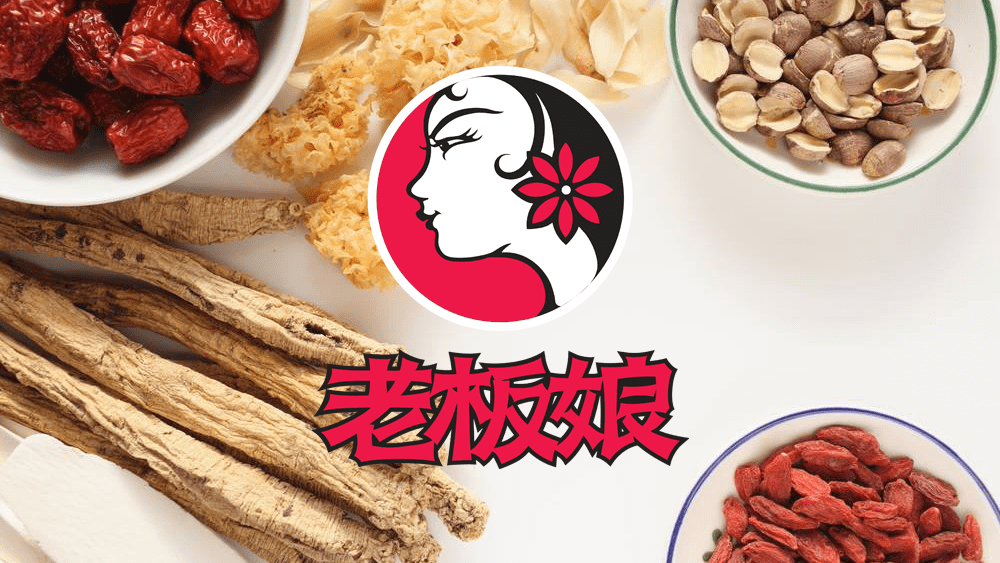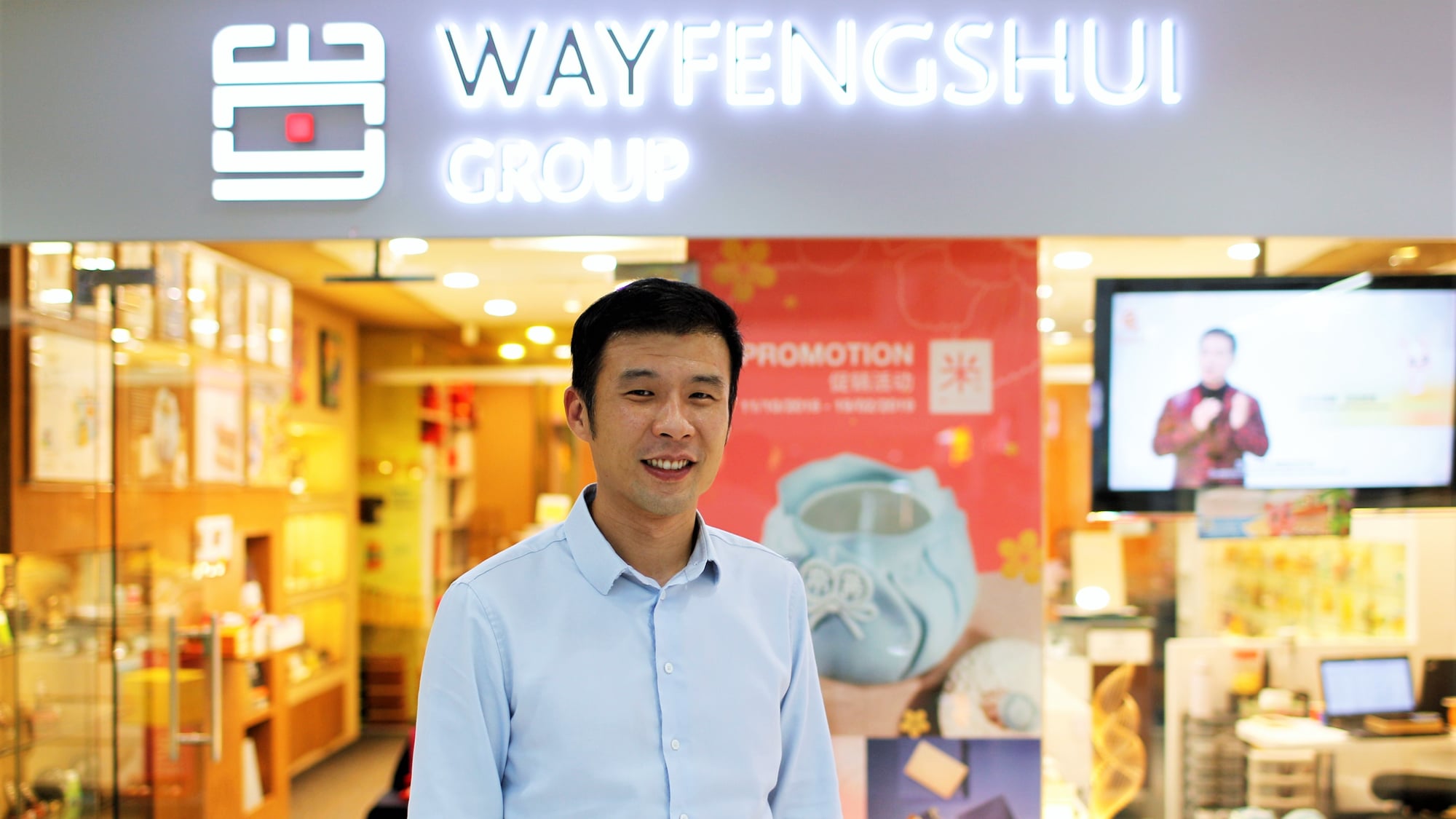The Seller Sessions are a series of interviews with merchants to better understand how they think, as well as the unique ups and downs they face.
A whiff of nostalgia hits as I enter the warmly lit shop, greeted by the signature sights and scents of a traditional Chinese foodstuff store. Numerous grades of dried goods occupy prime display spots, while an apparently limitless variety of items line the rest of the shop. I’m reminded of the Chinese herbal shops I frequented as a kid, accompanying my parents.
Geck Huat Trading began in the late 1970s as “a humble mini-mart dealing with canned food and preserved sundries”, eventually expanding to cover traditional Chinese foodstuffs and TCM needs. Some 10 years ago, they established laobanniang.com.sg to offer their products online, sealing their position as one of Singapore’s most prominent Chinese foodstuff merchants. Today, e-commerce channels account for approximately 30% of Geck Huat Trading’s total sales.
The try and see how lah attitude
In a binder-filled back office, I sat with Lao Ban Niang’s E-commerce Manager, Jeremy Kou, to quiz him on how his family’s business found themselves in the world of online commerce.
“We started by setting up our own online store. At that time, a lot of companies were bringing their businesses online, so we thought we’d give it a shot too.”
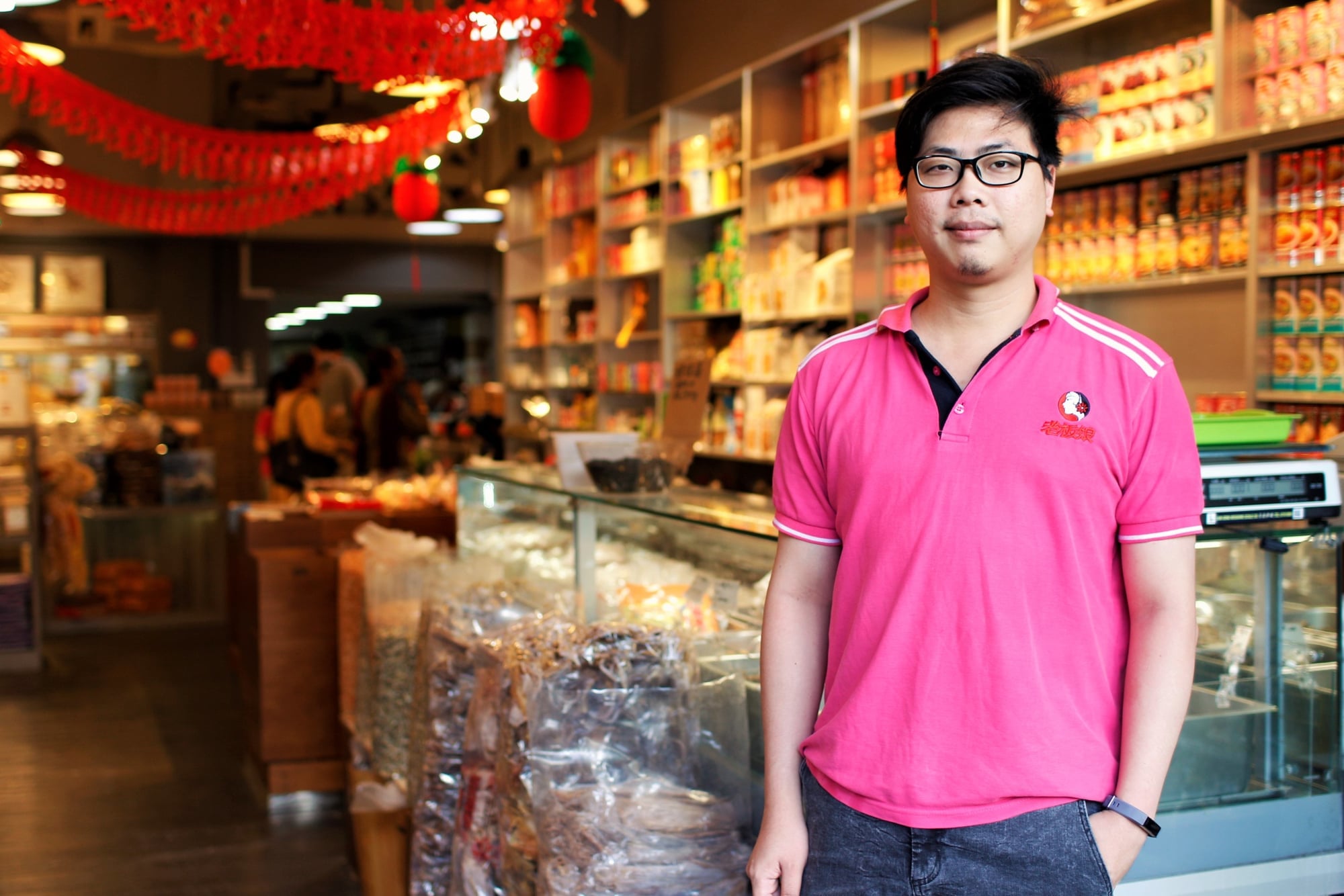
That may have been true for retail in general, but for traditionally-rooted foodstuff sellers like Geck Huat, e-commerce was unheard of, and rare. The company’s decision, however, was prudent, with e-commerce taking off in Southeast Asia just a couple of years after, and showing no signs of stopping since.
Drawn by larger customer bases, Lao Ban Niang went on to join major e-commerce platforms, including Qoo10, approximately 3-4 years ago. What differences did they find between running their own online shop, and listing products on shopping platforms?
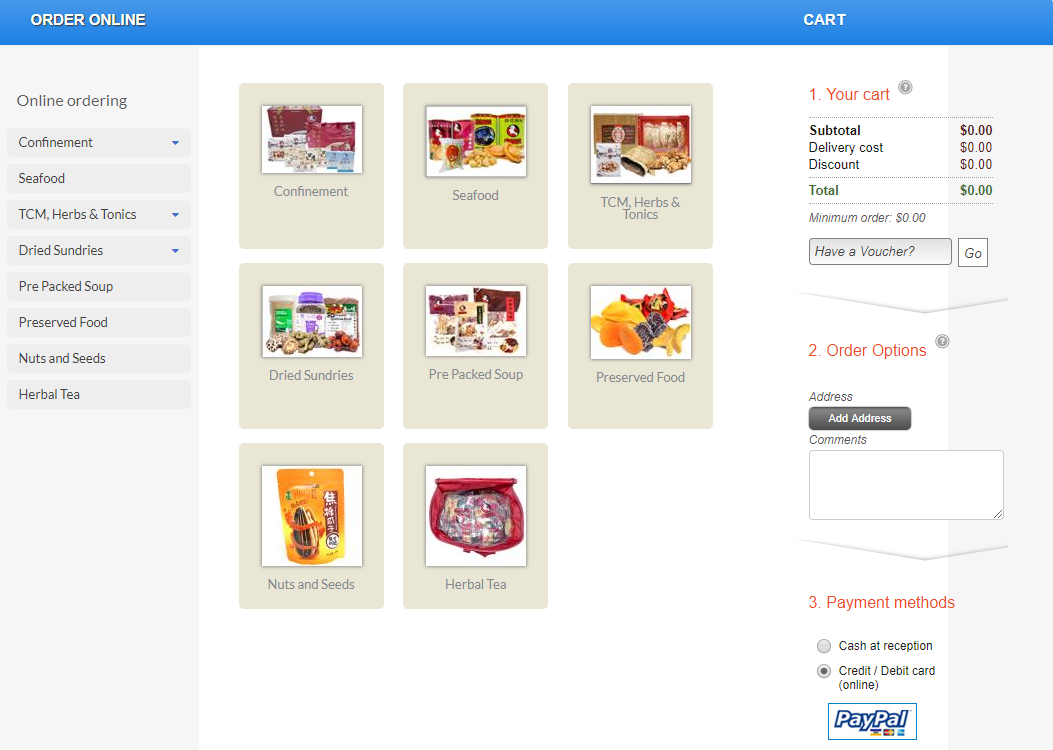
Online vs offline
“You definitely have more control over how you wish to categorise your products and place them, with your own online shop,” explains Jeremy.
“For e-commerce platforms, on the other hand, they typically integrate customer relationship management (CRM) functions, like instant chat or direct messaging, so that it’s easier for sellers and buyers to communicate quickly with each other.”
Jeremy also singled out the “particularly good” practice of customer reviews on online shopping platforms, believing that these reviews help prospective customers to better understand what they are buying, inspiring more confidence in their decision to make those purchases online. The reviews come in particularly handy for Lao Ban Niang, as a foodstuffs retailer. Seeing positive reviews on the size and texture of a packet of dried mushrooms help a lot, since customers feel like they can trust the reviews of fellow customers.
“Even if we had a similar system for our online shop, I think not many people would be bothered to write them,” he chuckled wistfully.
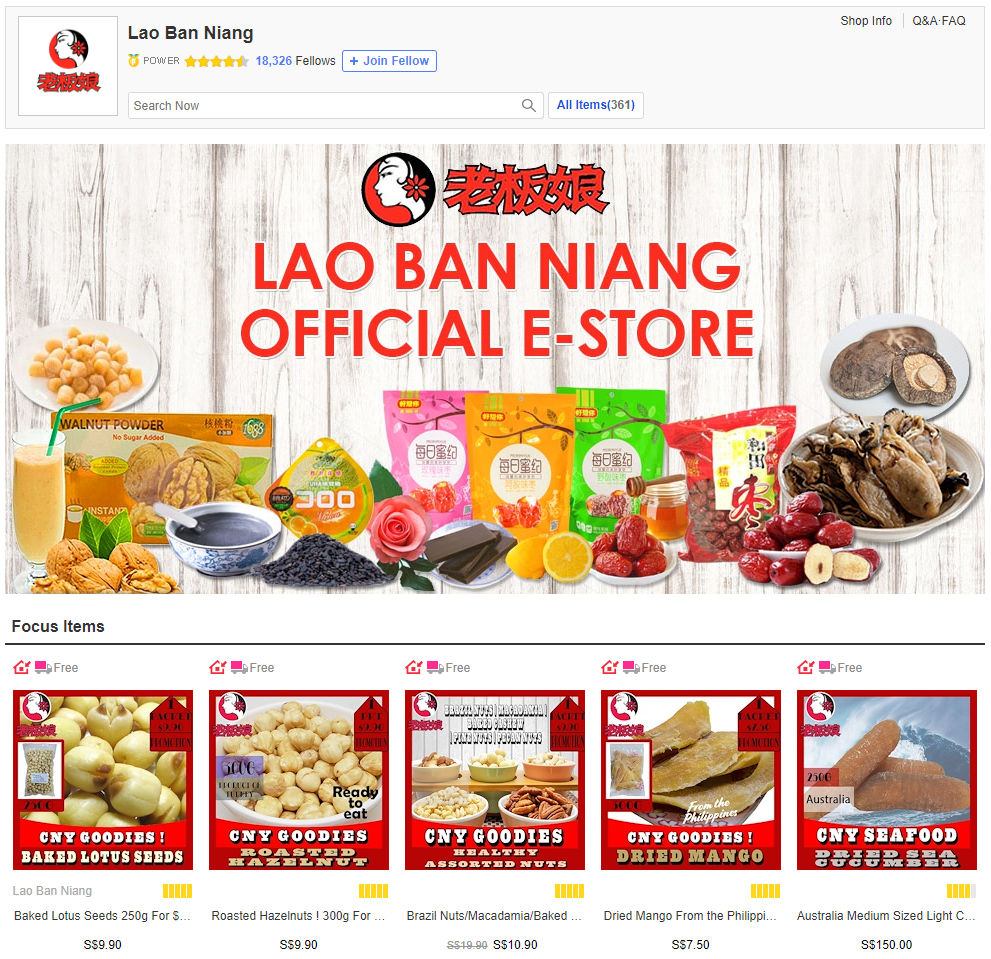
Filling the knowledge gap
To Jeremy, the company’s decision to offer products online, especially on shopping platforms, wasn’t particularly motivated by the desire to reach the younger crowd, although that remains a big factor. Plenty of their slightly older customers, in their 30s and 40s, are just as savvy with online shopping, and for the even older folks who aren’t, there’s always Geck Huat’s original outlet at Albert Centre (a stone’s throw away from Lao Ban Niang’s Bugis Village outlet) to visit.
That said, they chanced a upon a gap in the market that they’ve since spectacularly filled – confinement herbs and tonics for new mothers.
“We participated in some baby fairs, and we kept getting questions about confinement tonics. So we figured that’s something we could do with that,” Jeremy recalls. What they subsequently found was that even though younger generations are somewhat aware of, and seek the benefits of confinement tonics, they know little about the exact ingredients involved, or the appropriate quantities to mix.
Lao Ban Niang responded with the simple yet brilliant solution of 30-day confinement packages, with all necessary herbs appropriately portioned, pre-packed, and labeled from Day 1 to Day 30, ready to be brewed and consumed. More elaborate packages include premium products like bird’s nest, cordyceps, lance asiabell roots (to promote the production of breast milk), and herbal mixes for confinement baths, used to “expel wind and dampness, while preventing and relieving rheumatic conditions”.
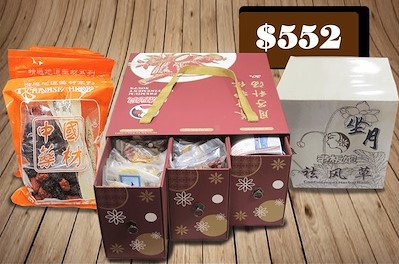
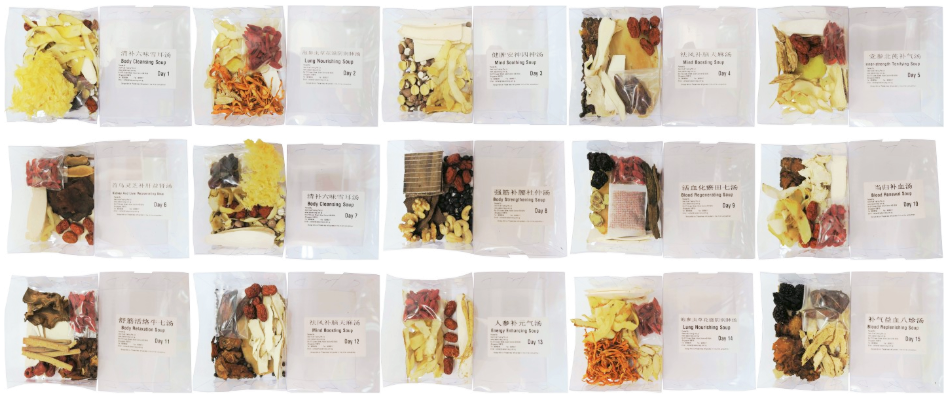
Aside from it being ingrained so deeply in Chinese tradition, Jeremy shares that these confinement tonics are anything but hocus pocus. New mothers who don’t consume such tonics are very likely to feel easily fatigued, lacking in energy and strength.
As for the rest of their online catalogue, they have plenty of cues to take from their long history of retail experience, current trends at the other outlet, and sales metrics from e-commerce platforms.
Adjusting for e-commerce
When asked to compare the online customers of today to those from a decade ago, Jeremy quickly identified that the modern customer takes notice of little details. While things like attractive packaging and vacuum-sealing for freshness aren’t top priorities for online shoppers, they do matter and give a competitive edge when being compared side-by-side with other brands.
E-commerce also brought about several changes in the company’s internal working processes. Customers have moved from comparing prices shop-to-shop, to comparing prices easily online. As a result, Lao Ban Niang also makes a point of keeping a close eye on its online competition’s prices, to ensure that they maintain market-appropriate prices.
Selling online also means that there is a lot more pre-packing of goods to be ready to go, for in-shop customer collection or delivery companies collecting dispatches. That means packing things into set weights or quantities and selling them as such – quite opposite of the conventional practice for a Chinese foodstuffs retailer, which typically lets customers dictate amounts before packing goods to order.
Geck Huat Trading and Lao Ban Niang have smoothly sailed the waves of change for decades, constantly defying the looming prospect of obsolescence. The flexibility that comes with its try and see attitude may help them remain relevant through many more generations of technological advancements to come.

